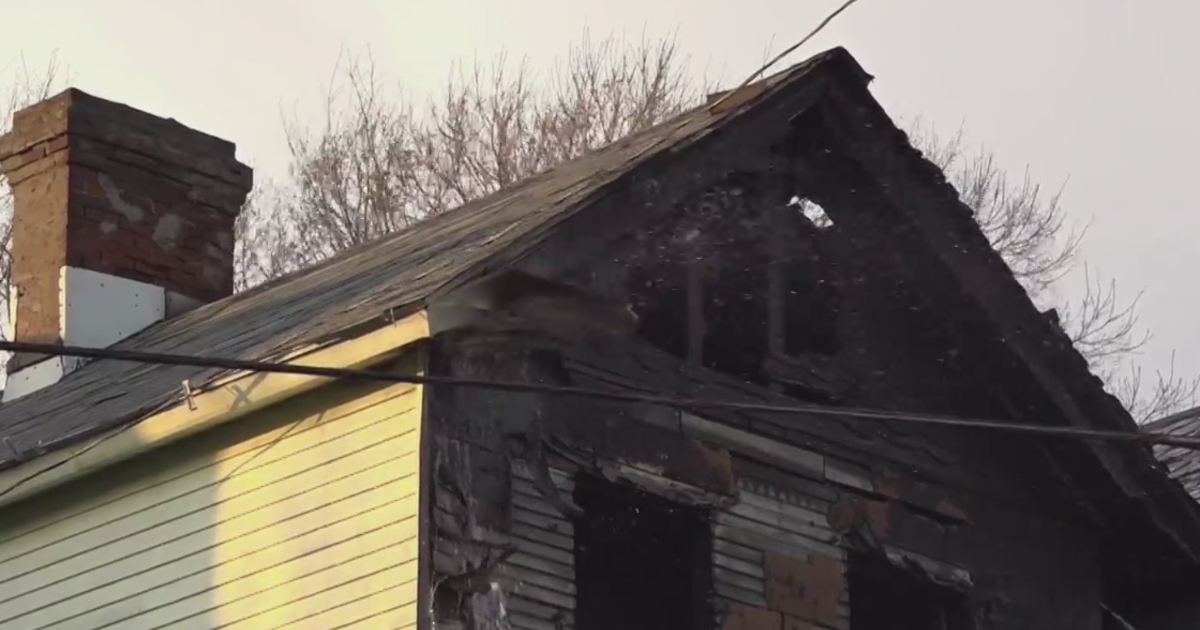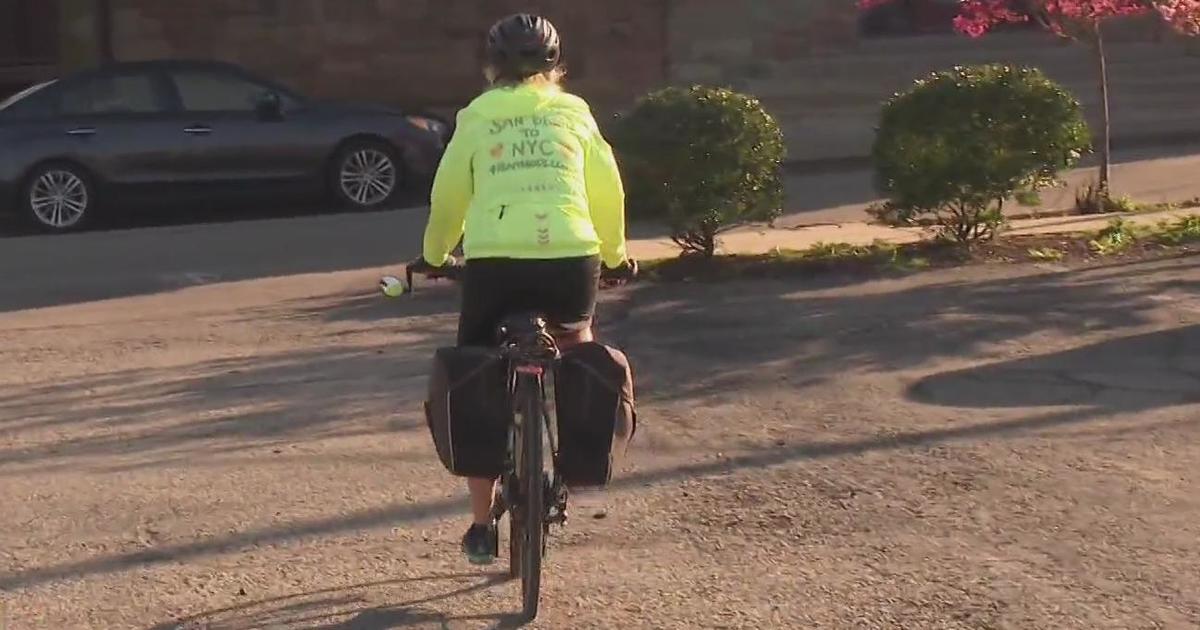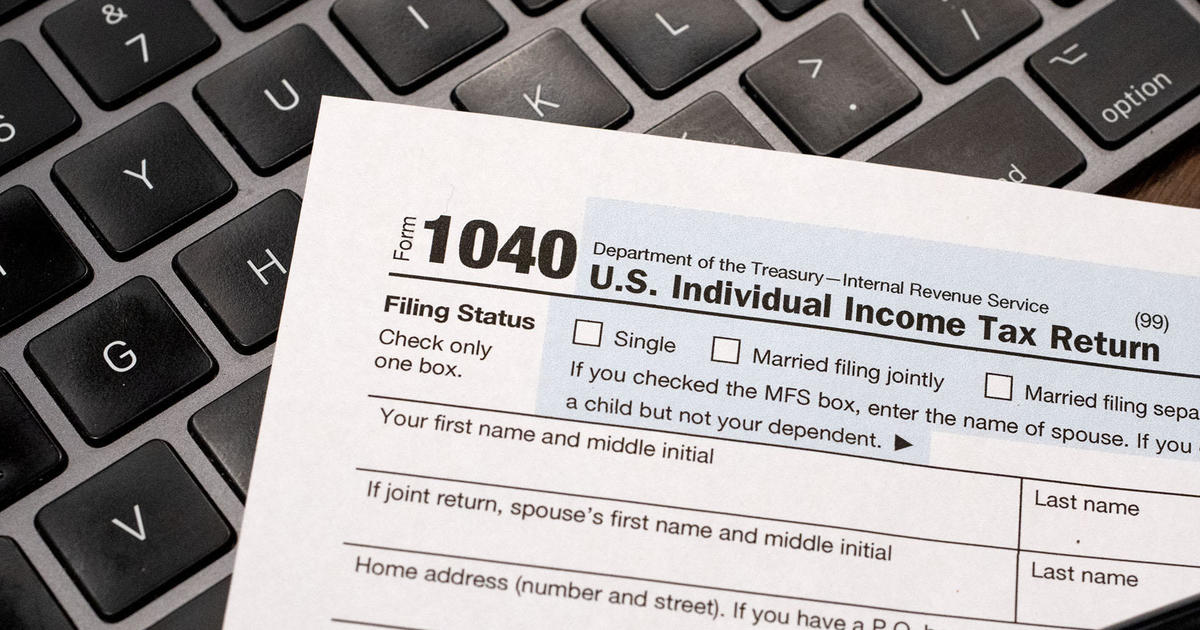Local Sisters Find Strength In Battle Against Breast Cancer
PITTSBURGH (KDKA) -- Once there were four Resnik sisters.
Dianna died of breast cancer in 2001 after being diagnosed while pregnant with her second child. The other three sisters are now, in some manner, dealing with it, too.
Cindy was the next to be diagnosed after Dianna.
"I'm an office supervisor for McDonald's corporation, the regional office in Robinson," said Cindy. "I have a husband, Gary. We've only been married since this past May. I have a son who is a junior at WVU, and a senior daughter."
Because of her high risk, mammograms and MRIs were done every six months. When breast cancer was caught early, she chose to have both breasts removed.
"It was just one breast; however with my diagnosis, the chances were high that it would happen in the other breast," said Cindy. "I've always been very realistic and practical. I did not want to go through everything a second time. My breasts don't identify who I am."
Lori was next. She was diagnosed on a mammogram in March.
"I'm a legal secretary in Mount Lebanon," Lori says. "I have a daughter that's a senior, and a stepdaughter who is a sophomore. We have a boat and a camper in Reyland, Ohio, and that's where we spend our summers."
She had genetic testing, and was negative for the mutation her other two sisters had - BRCA 2.
She thought she was safe, but turns out she had BRCA 1, another mutation that increases risk. She, too, had both breasts removed.
"It wasn't even a decision for me," said Lori. "I knew right then I was going to have it taken off."
She also needed chemo and other medicines.
"My cancer is a little more aggressive and has a high recurrence rate," Lori said. "I have to do the drug called Herceptin until May. You're on that for a year when you have the her2 positive breast cancer.
Linda was different.
"I work in Moon Township for a company called A&H Refractory. I'm in the HR department, HR specialist," says Linda. "I have a son. He's 19."
She had none of the high risk genetic mutations her sisters had. She had normal mammograms. And yet she decided to have her normal breasts removed.
"When my first sister, the one that passed away, was diagnosed, I always said if another sister of mine gets diagnosed, I would have my breasts removed," she said. "With our history, there's no use taking a chance like that. It's on your mind all the time, and that's all I was thinking about. A lot of people have said there's no way they could do it."
Their surgeon, Dr. Raye Budway, says drastic measures are sometimes reasonable.
"I was almost trying to talk her out of it," said Dr. Budway. "And I thought, 'No, why, I don't want this girl to have chemotherapy in 10 years."
The three sisters soldier on; their common experience strengthens their bond and their hopes for the future.
"What's for me next is to keep an eye on my children," says Cindy. "It was very difficult to talk with them about the possibility that they could carry the gene as well."
"To stay positive," Lori says. "Your attitude, that's half the battle."
"Just live a long, happy life," adds Linda.
Preventive mastectomies do prevent future cancer in women who carry the genetic mutations that increase the risk. The picture is less clear for those without any abnormal genes.
But DNA is only one element to risk; age, ethnicity, past medical history and reproductive history figure in, too.
RELATED LINKS:
More Health News
More Reports from Dr. Maria Simbra



